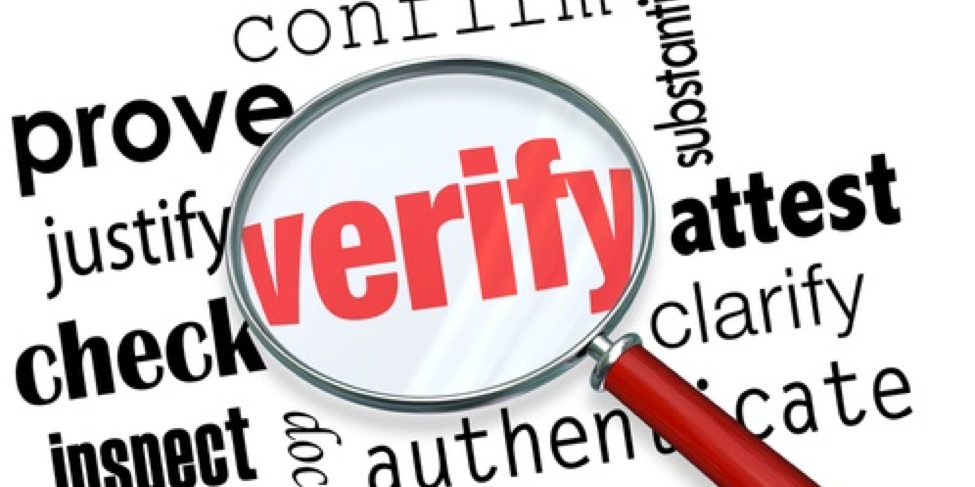Job Background Check Parts
Acing a job interview used to be the deciding factor in getting a job. But if the employer requires a background check, then that will play a huge role in the hiring. A good interview won’t erase any negatives found in the background check. But what exactly can an employer discover? Keep reading to find out.
Criminal Activity
If you have any convictions, then the employer will learn about them. It’s best to be honest about it during the interview. It’s illegal to deny a person a job based solely on their criminal record, but it does matter. The nature of the crime and when it occurred must be considered. It also must be taken into consideration whether or not the crime relates to the job for which you’re applying.
Credit History
A background check includes checking your credit report. The report has information about your credit cards, loans, car payments, late payments, defaulted loans, and more. You can see what your report contains by getting a free copy from TransUnion, Experian, or Equifax.
Employers use your credit history to determine several things. If you have a history of late payments, then it might be assumed you’re irresponsible. And if you have several outstanding debts, an employer might not trust you to work with money.
Employment History
Employment history is checked to verify your resume. The employer will make sure you’re honest about your experience and where you’ve worked. If the information can’t be verified, then you’re unlikely to get the job.
The Usefulness of a Background Check
Background checks are usually done for safety purposes. For instance, a daycare could possibly face legal action if they hire a person with a history of abusing children. And a person with a background of violence might endanger other employees. A background check is a way to see if a person is a possible liability.
